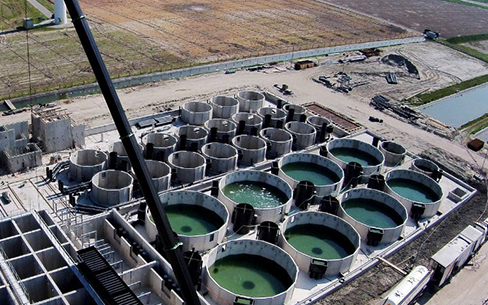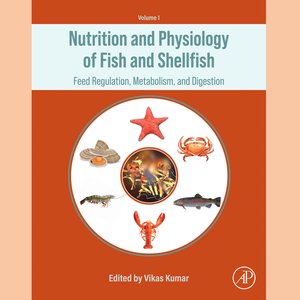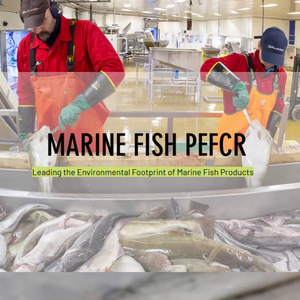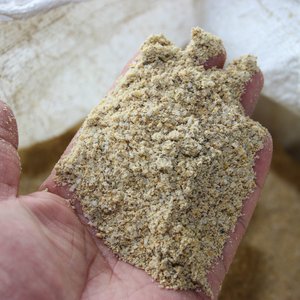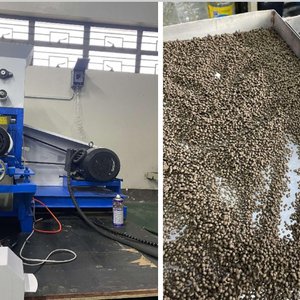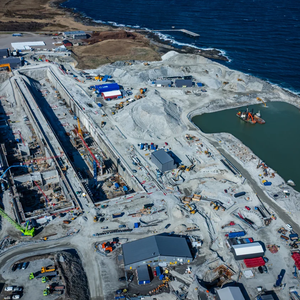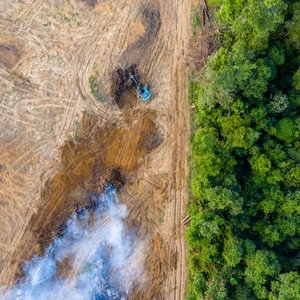Rabobank sees the tide turning for recirculating aquaculture systems (RAS) and potential for this emerging technology to change the aquaculture game over the next decade, according to the latest RaboResearch report Aquaculture 2.0: RAS is driving change – land-based farming is set to disrupt salmon.
“An increasing number of proposed RAS projects, particularly for salmon-farming, are in the process of building a platform for future success,” said Beyhan de Jong, Analyst – animal protein. “So far, we have identified more than 50 RAS proposed projects (and counting) to farm salmon on land. The total estimated production of these announced projects up to 2030 is equal to 25% of total current salmon production.”
“Although the RAS concept is still under development and the future holds uncertainties, in our view the future of RAS operations is positive,” said de Jong. “If the risks within RAS operations are managed effectively, in our view, RAS will disrupt aquaculture trade flows, supply chains, and the marketing of salmon within the next decade.”
For those in the salmon industry and other aquaculture value-chain operations, now is the time to decide if they should invest in RAS or ensure they stay ahead of RAS as this technology matures, grows, and disrupts the market.
Full report available here.


